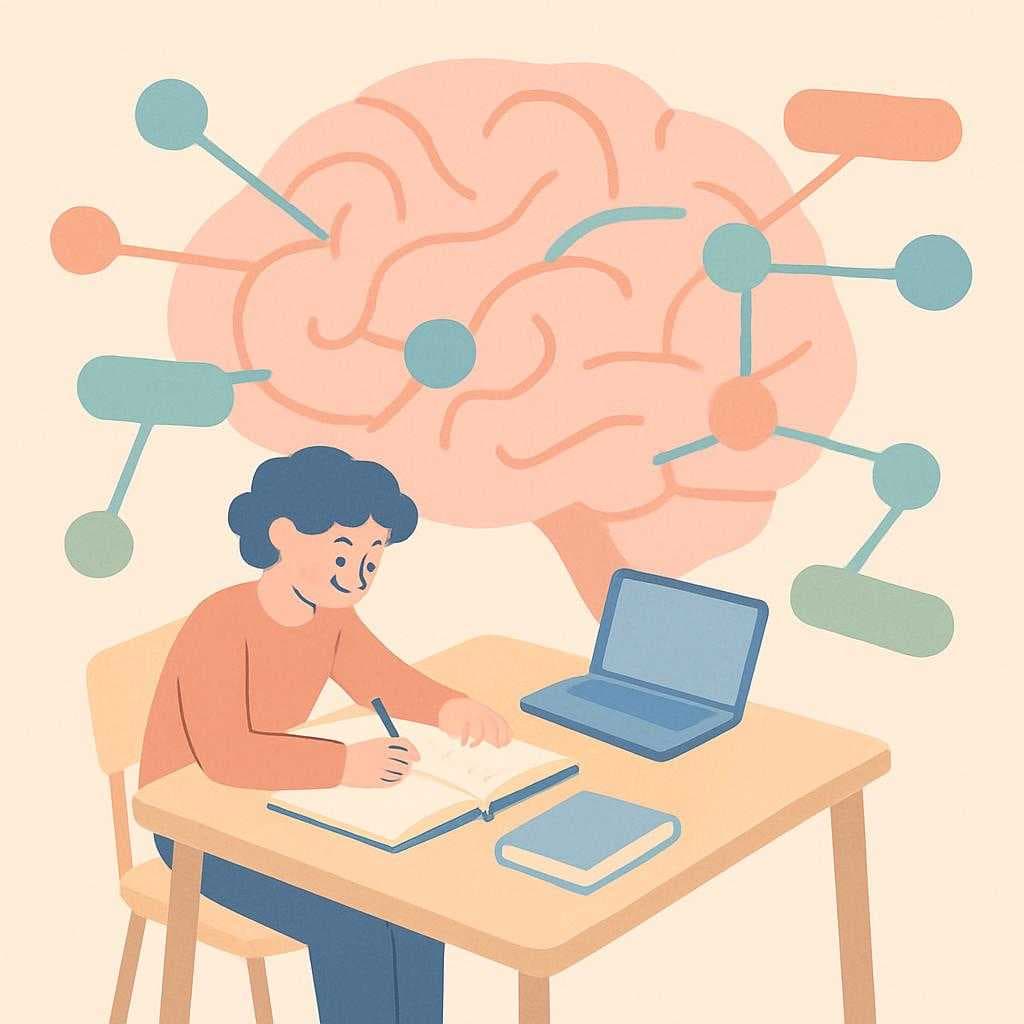Mastering the Mind Map: A Unique Approach to Acing GCSE Psychology
Summary: Unleash the power of mind maps in your GCSE Psychology revision strategy. Dive deep into how using this dynamic tool can enhance your understanding and boost your performance with AQA, Edexcel, and OCR exam boards.
The journey through GCSE Psychology can be both fascinating and challenging. With multiple theories, concepts, and case studies to master, students often find themselves overwhelmed. However, there's an innovative tool that can transform your revision process: the mind map. This visual aid not only simplifies complex ideas but also enhances memory retention—an invaluable asset for tackling GCSE exams with confidence.
Why Mind Maps?
Mind maps are a creative and effective way to organize information. They engage both the analytical and creative sides of your brain, making them perfect for subjects like psychology, where understanding the connections between concepts is crucial. By structuring information in a non-linear manner, mind maps mimic the brain’s natural thinking process, allowing you to see the bigger picture and how different pieces of information interconnect.
Crafting Your Mind Map
Start by placing your main topic at the center of the page. For instance, if you're studying "Memory," write it in the middle. From there, draw branches for subtopics like "Short-term Memory," "Long-term Memory," and "Memory Models." Under each subtopic, add further details such as key studies, researchers, and relevant theories.
For AQA students, remember to incorporate evaluation points, as these are integral to your exams. Edexcel students should focus on linking theories to real-world applications, while OCR students might benefit from emphasizing research methods and ethical considerations.
Personalizing Your Maps
Make your mind maps colorful and use images or symbols. This not only makes them more visually appealing but also aids memory retention. The more personal and creative your maps, the more effective they'll be in helping you remember and understand the material.
Integration with Past Papers
Once your mind maps are ready, integrate them with past paper practice. AQA, Edexcel, and OCR provide numerous past papers that can help you apply what you've learned. Use your mind maps to answer questions, ensuring you can recall and apply information efficiently.
The Benefits
Mind maps can help reduce revision stress by breaking down vast amounts of information into manageable chunks. They foster deeper understanding, improve memory retention, and enhance your ability to recall information during exams.
In conclusion, mind maps are a powerful tool in your GCSE Psychology toolkit. By incorporating them into your revision strategy, you can navigate the complexities of psychology with greater ease and confidence. Whether you're tackling AQA, Edexcel, or OCR, mastering the art of mind mapping can be your key to success. Happy studying!
